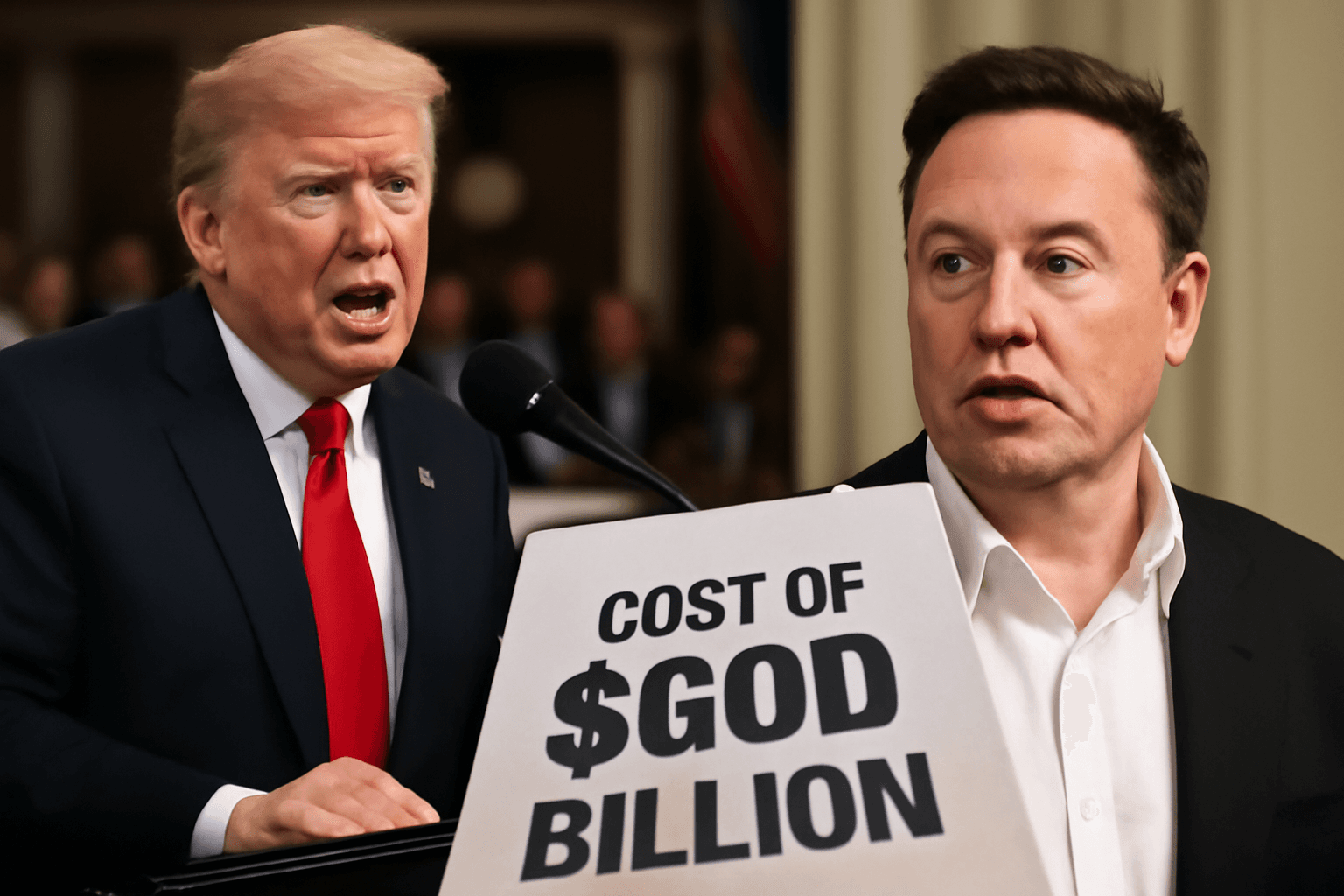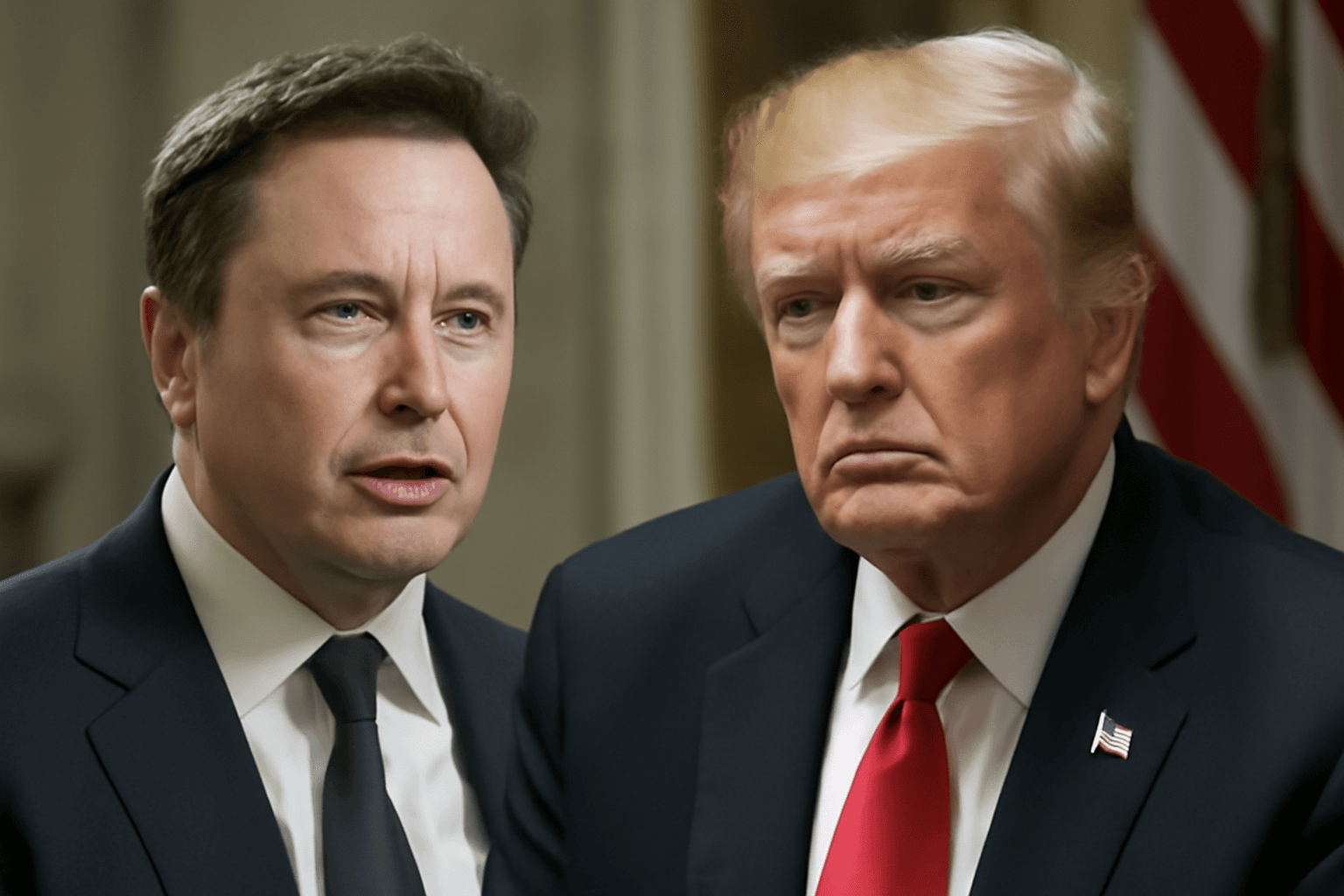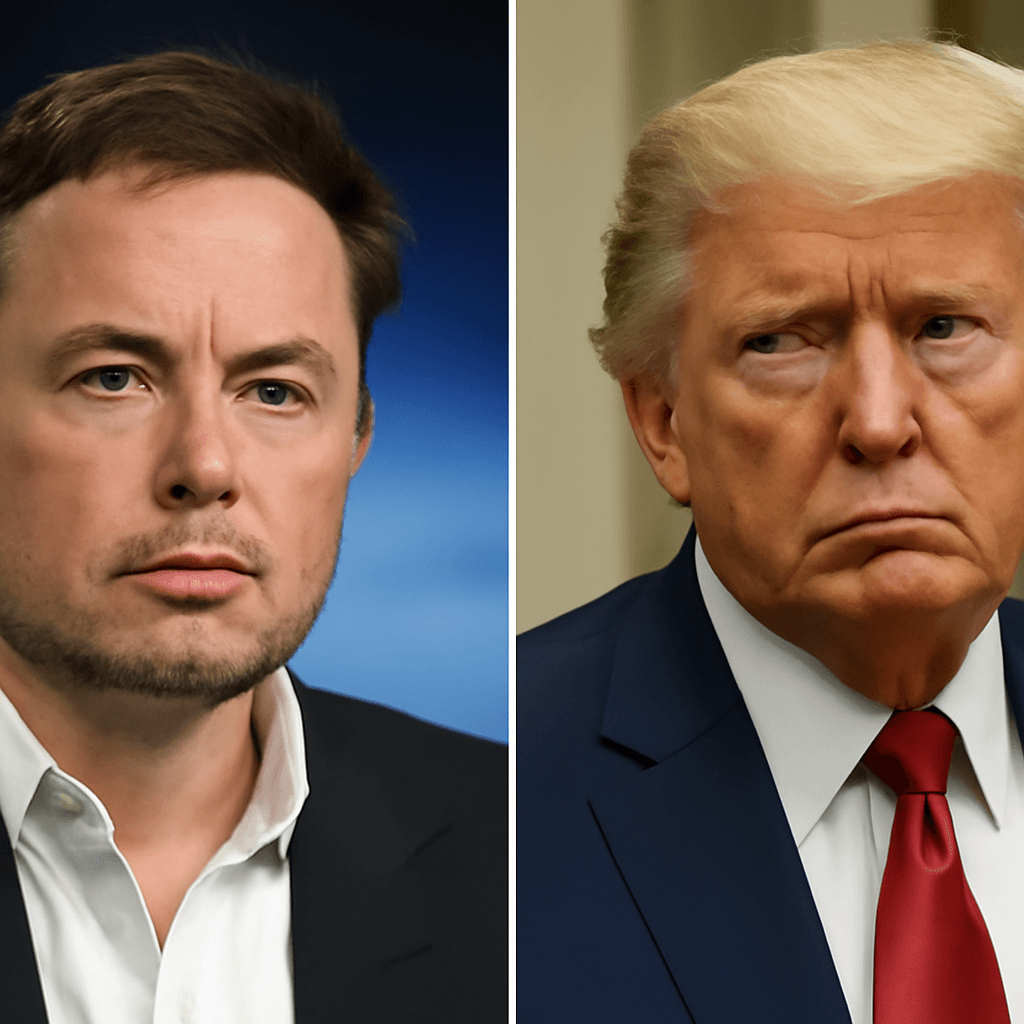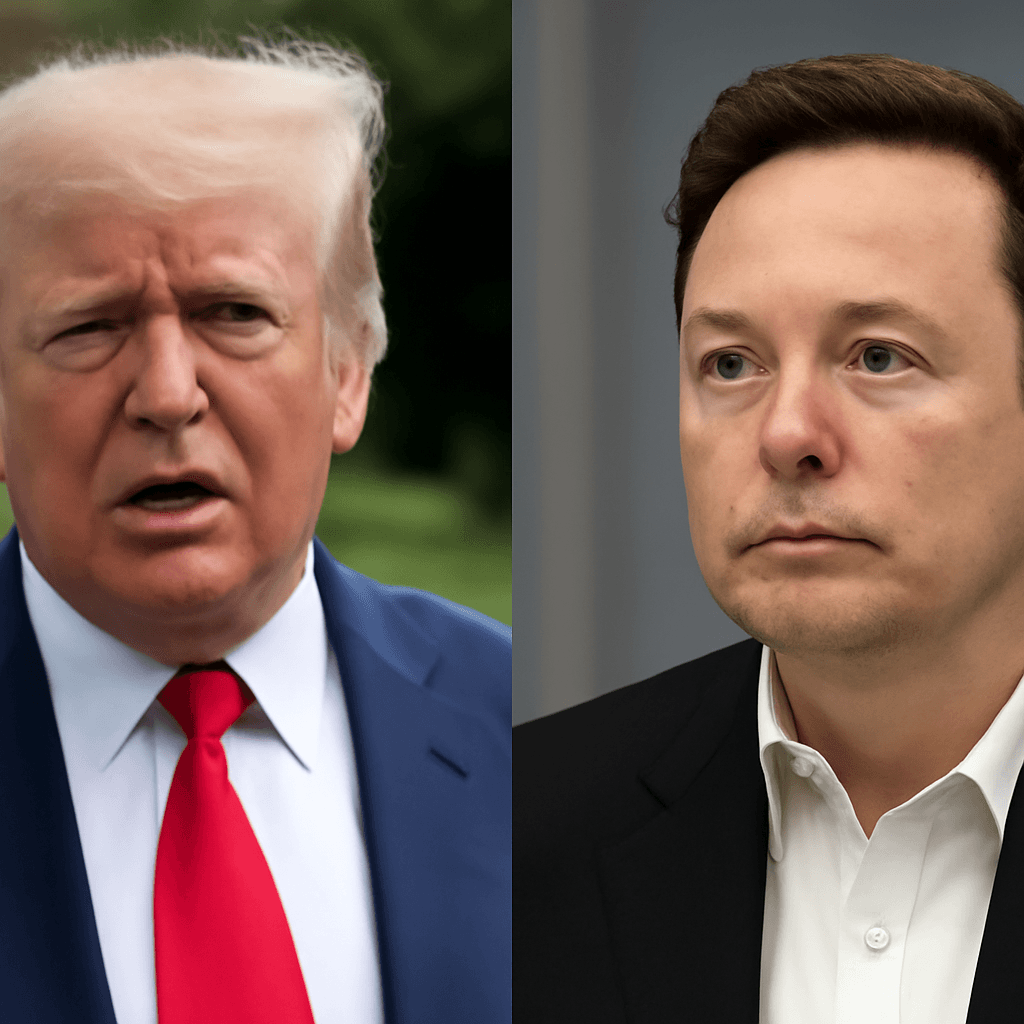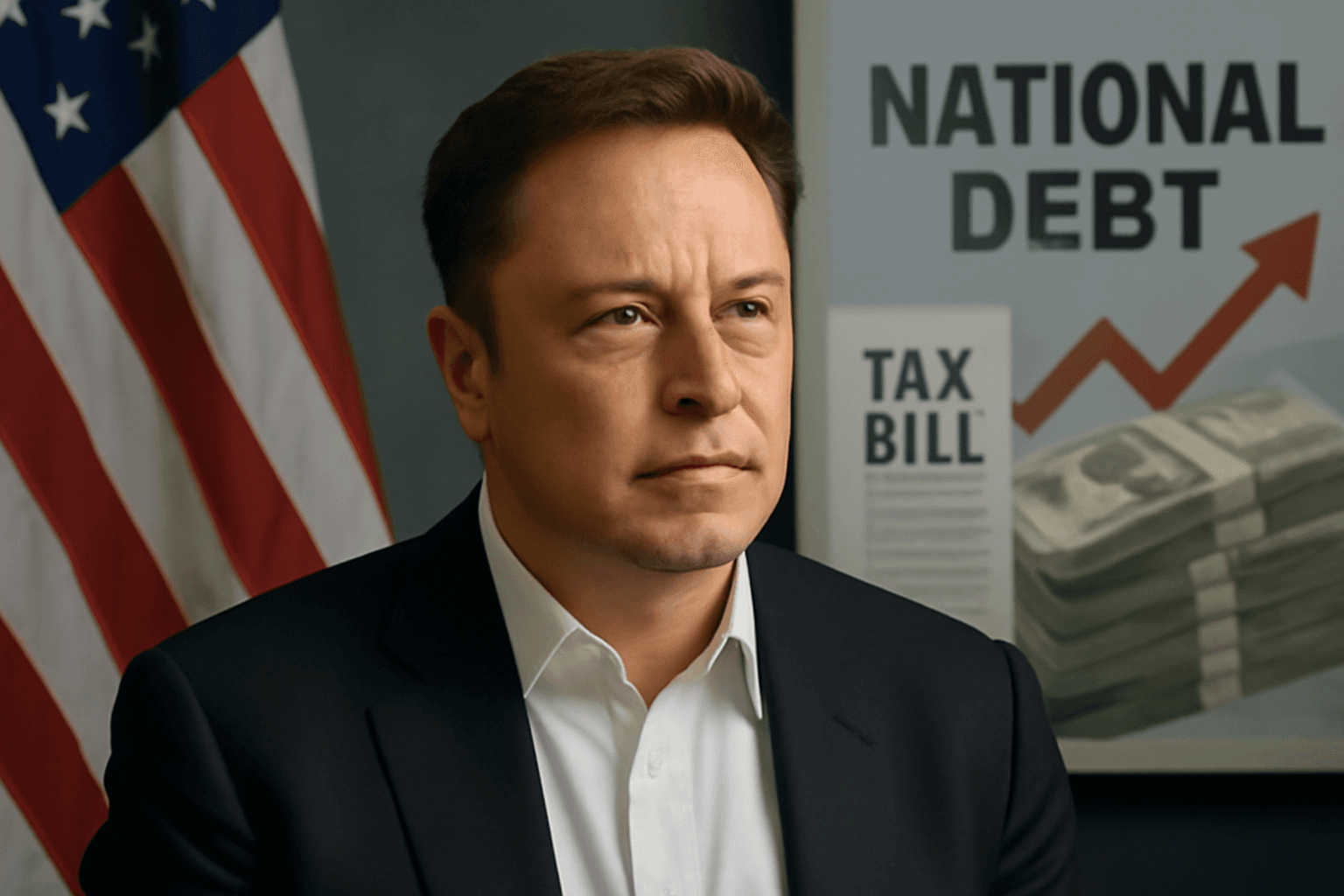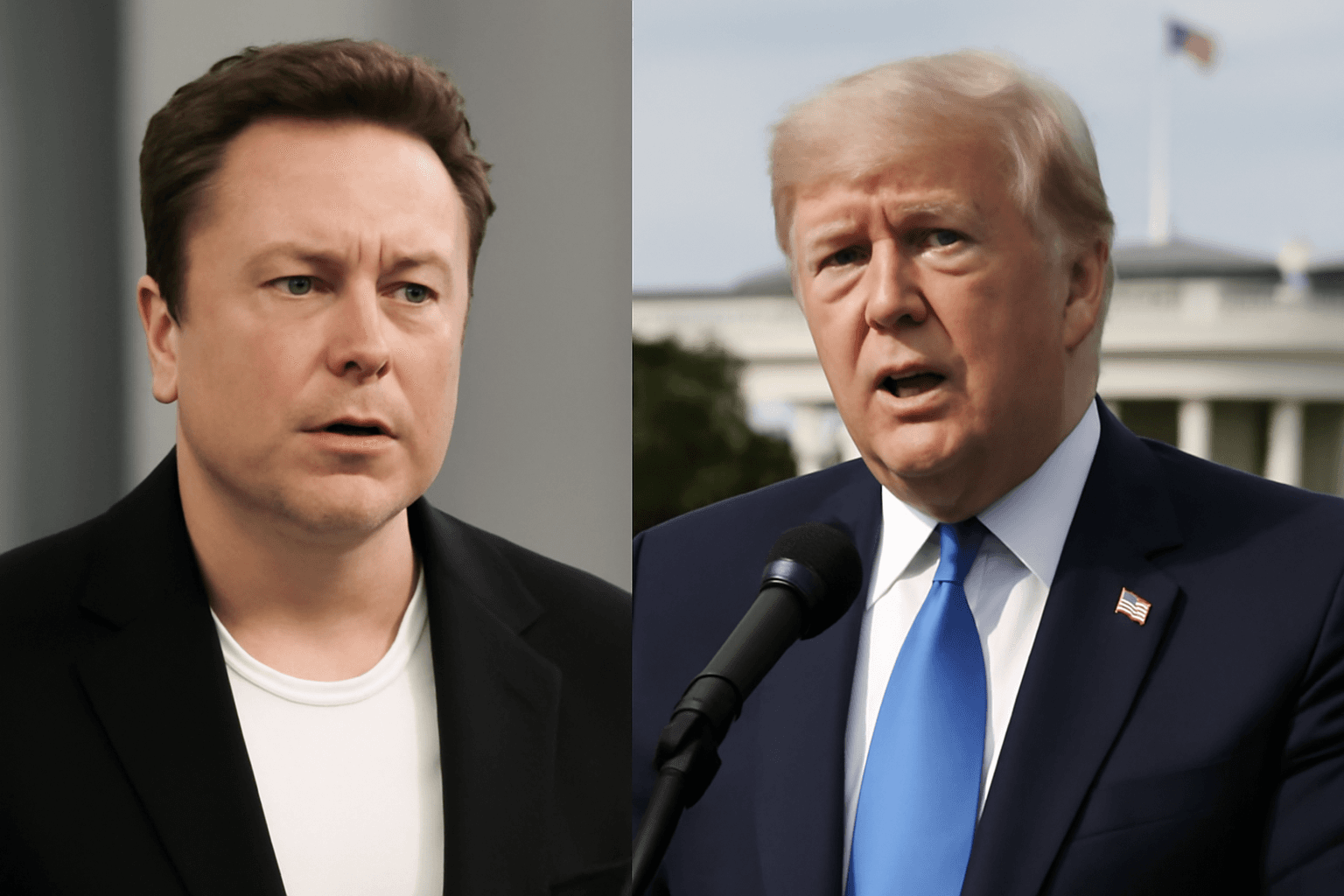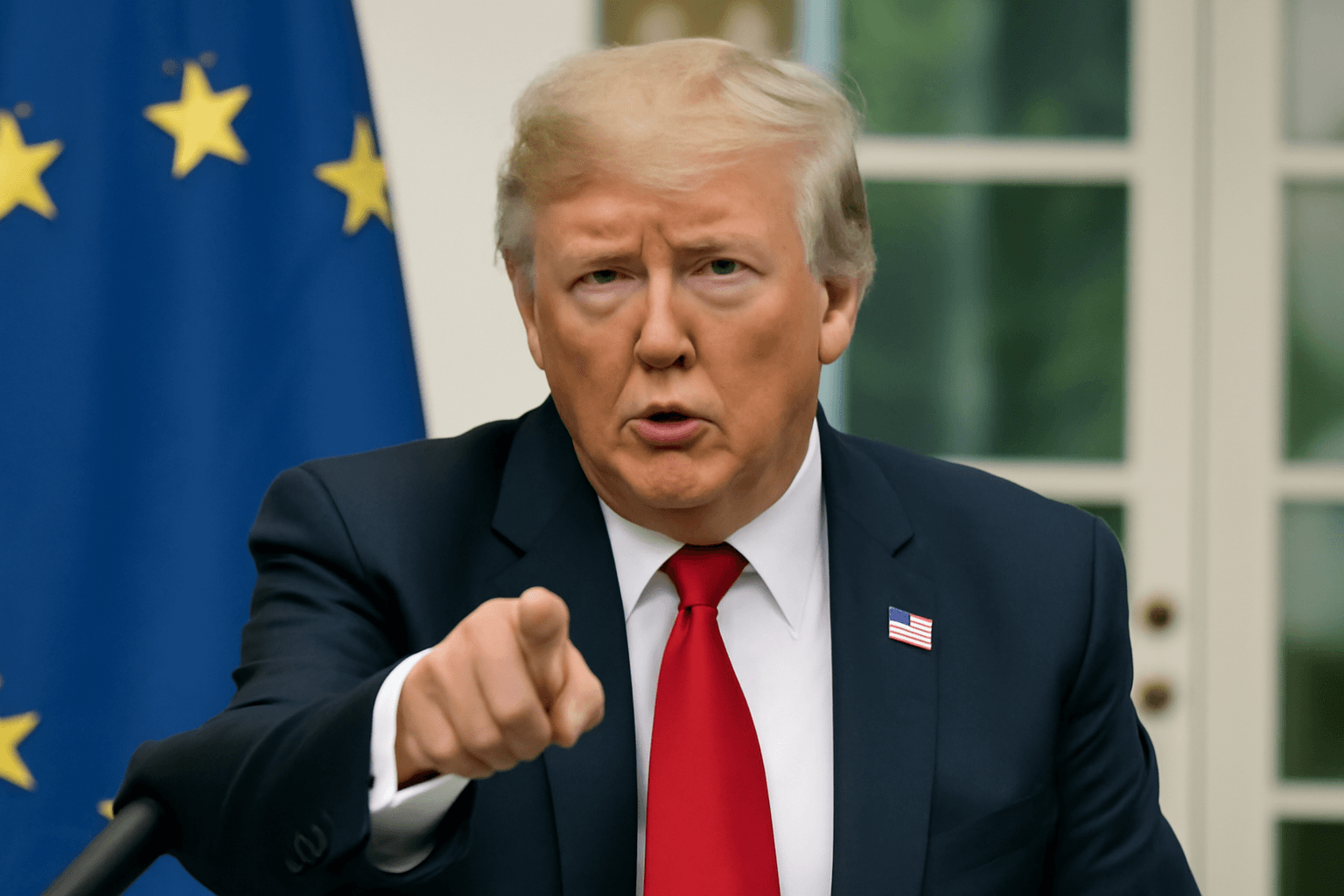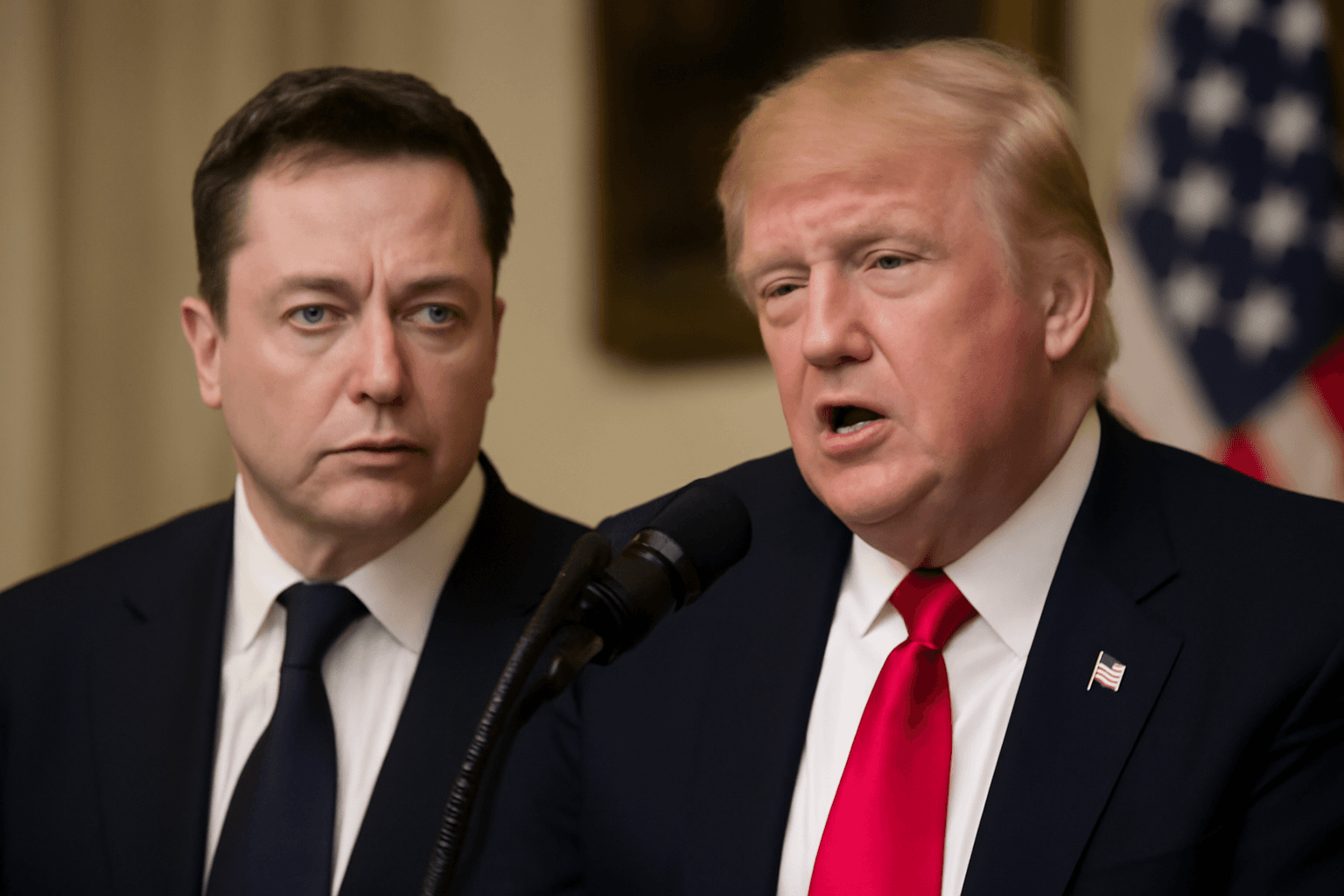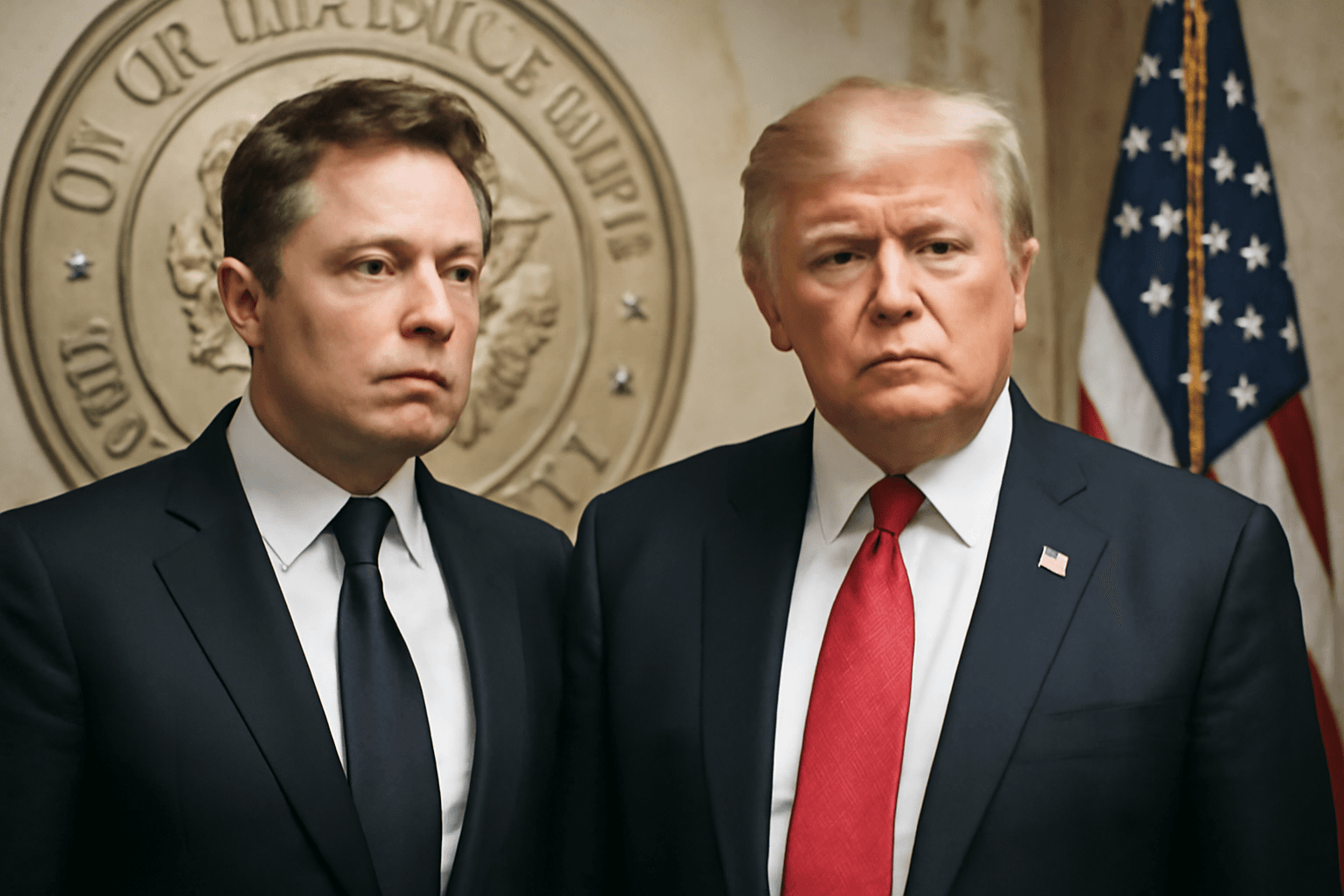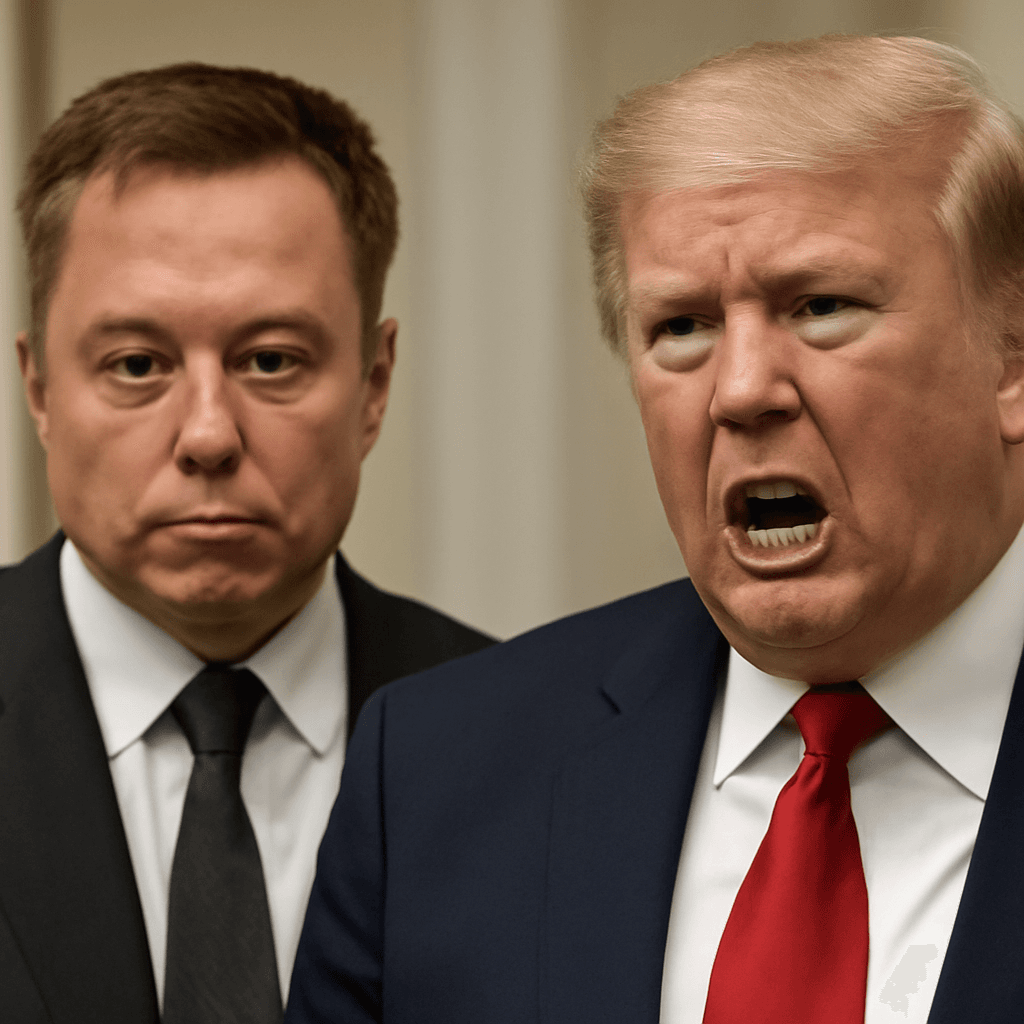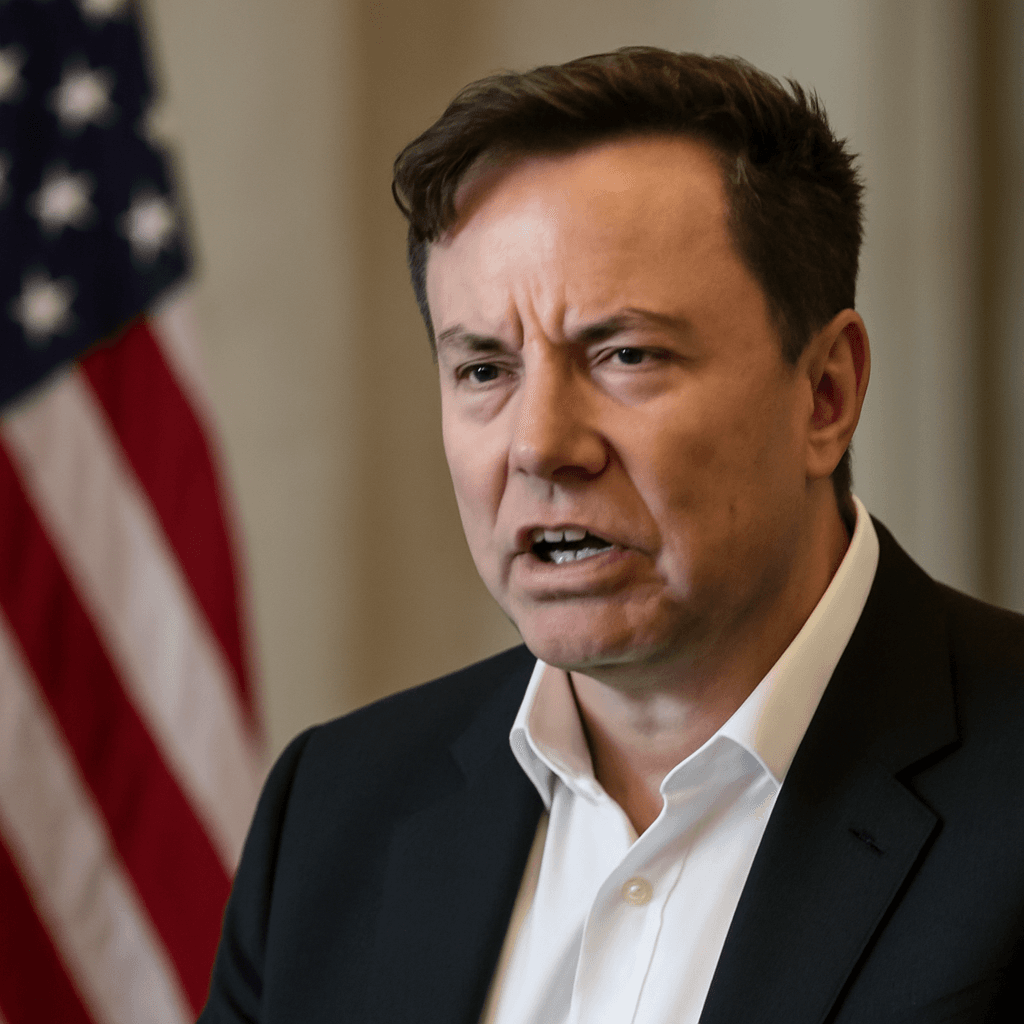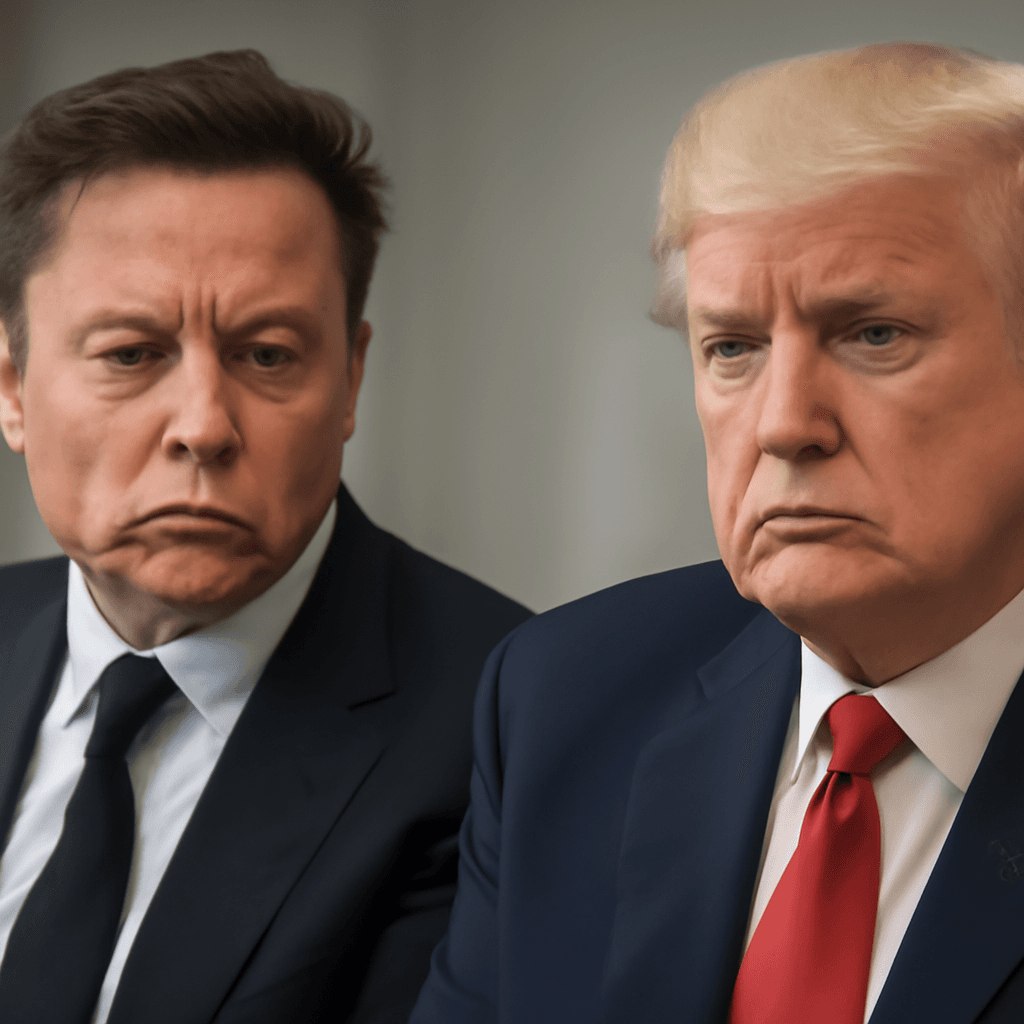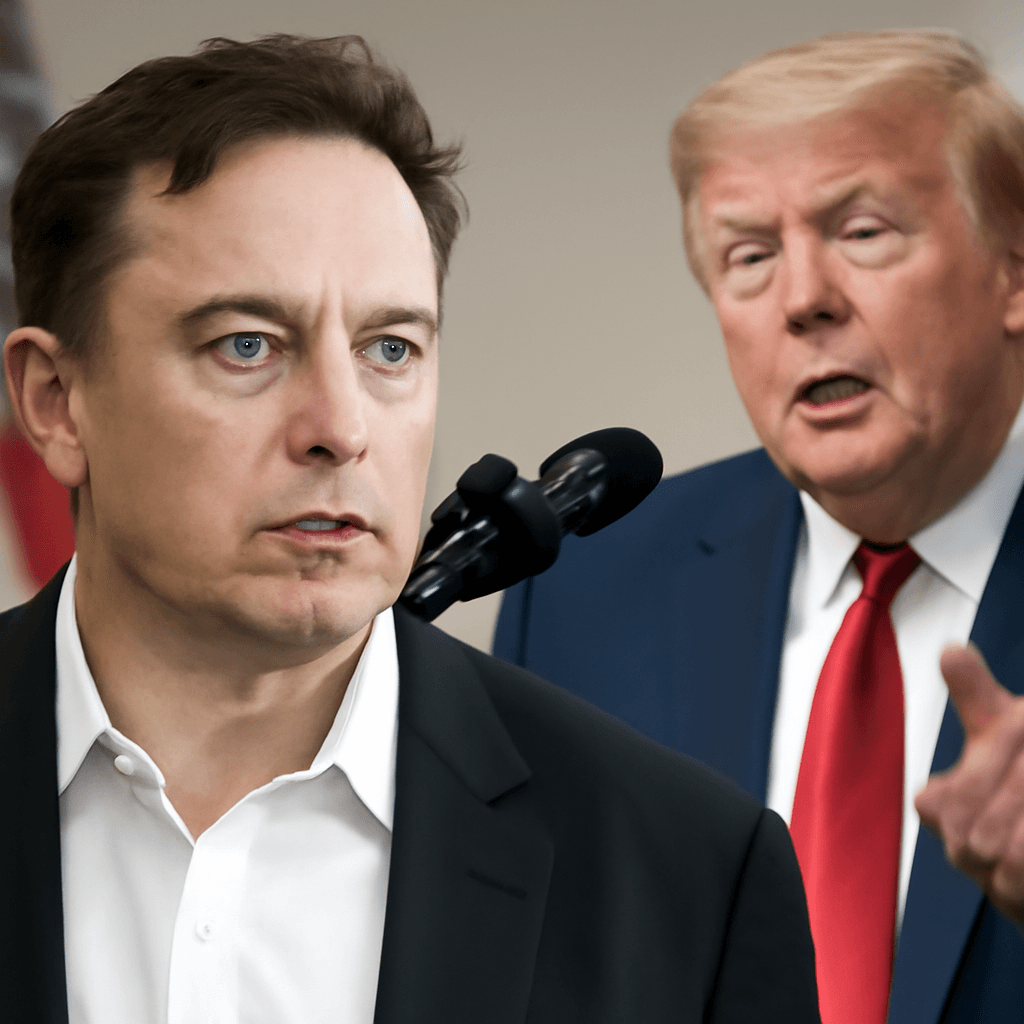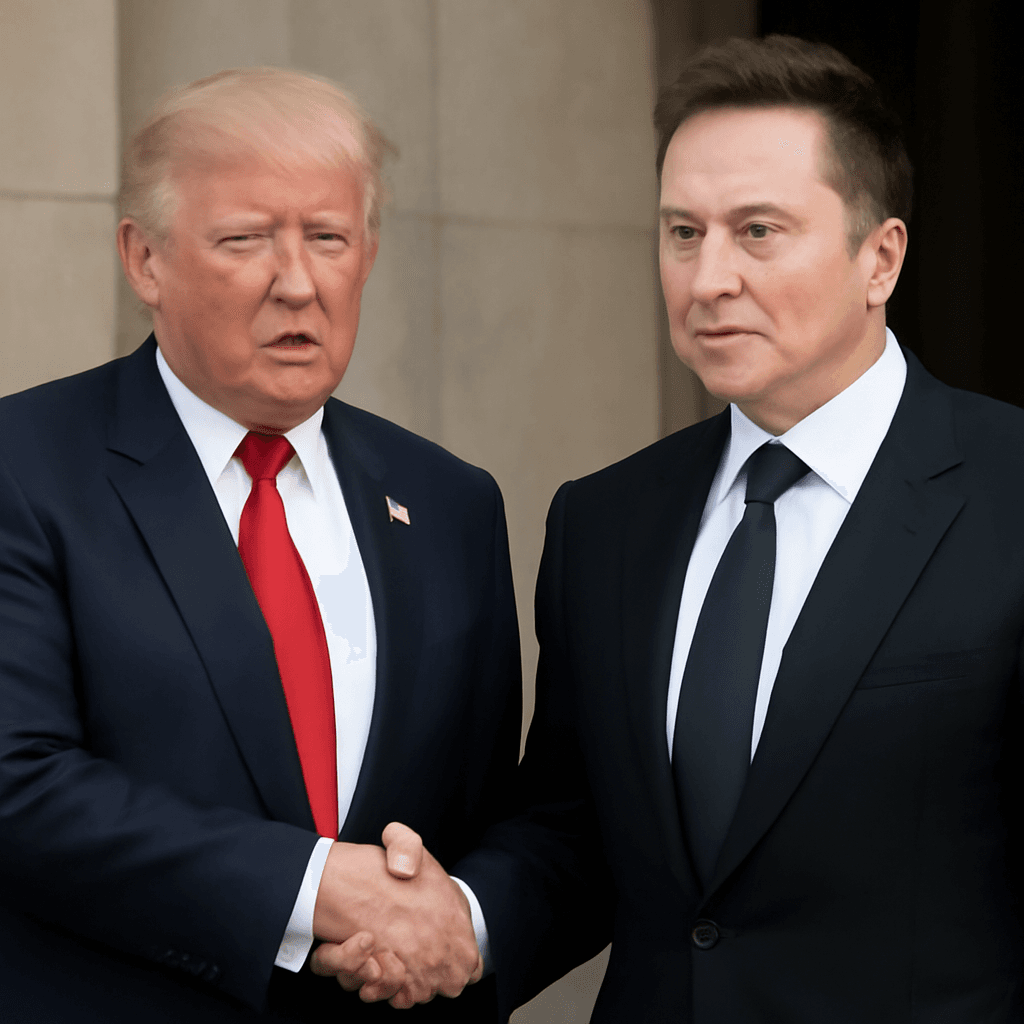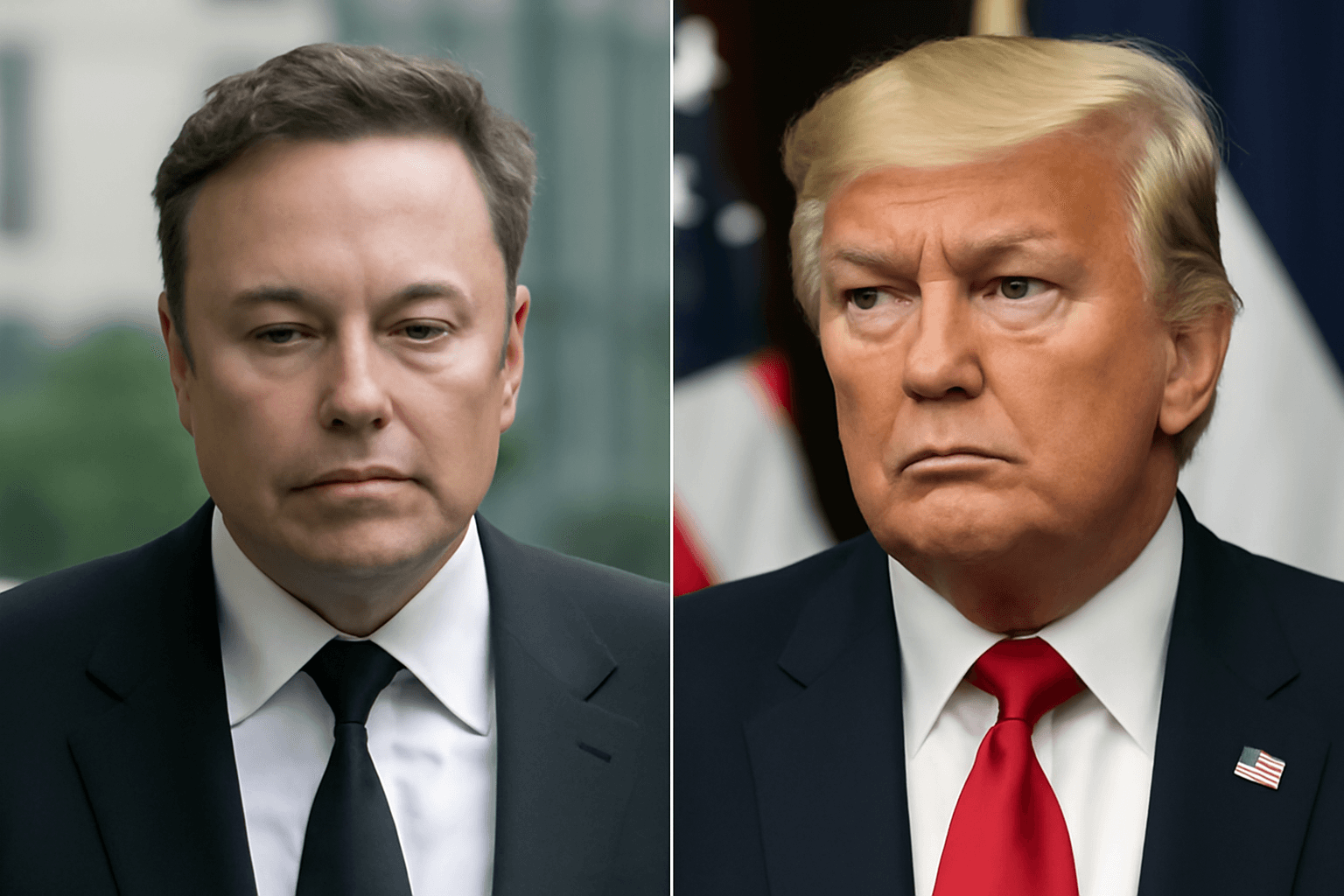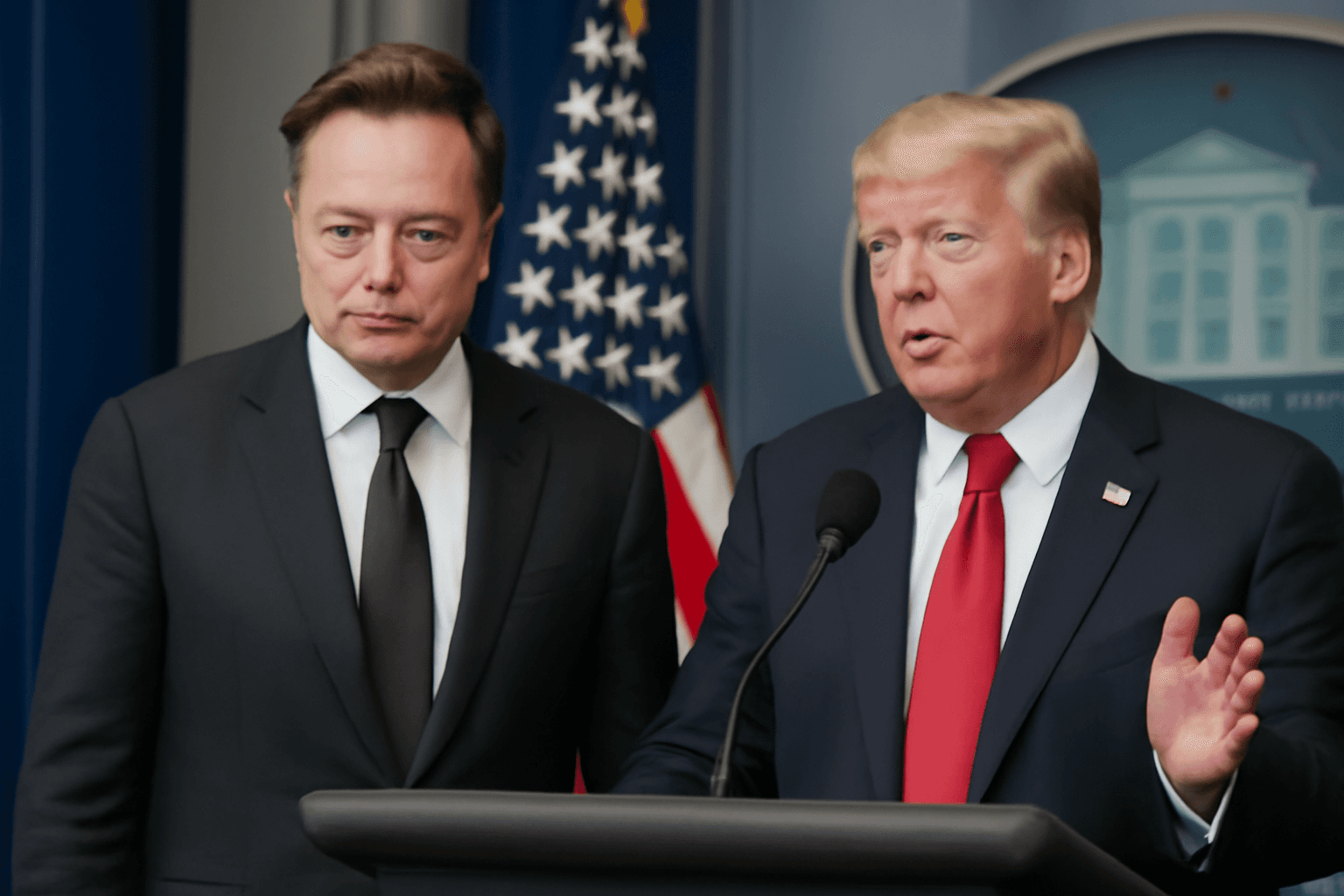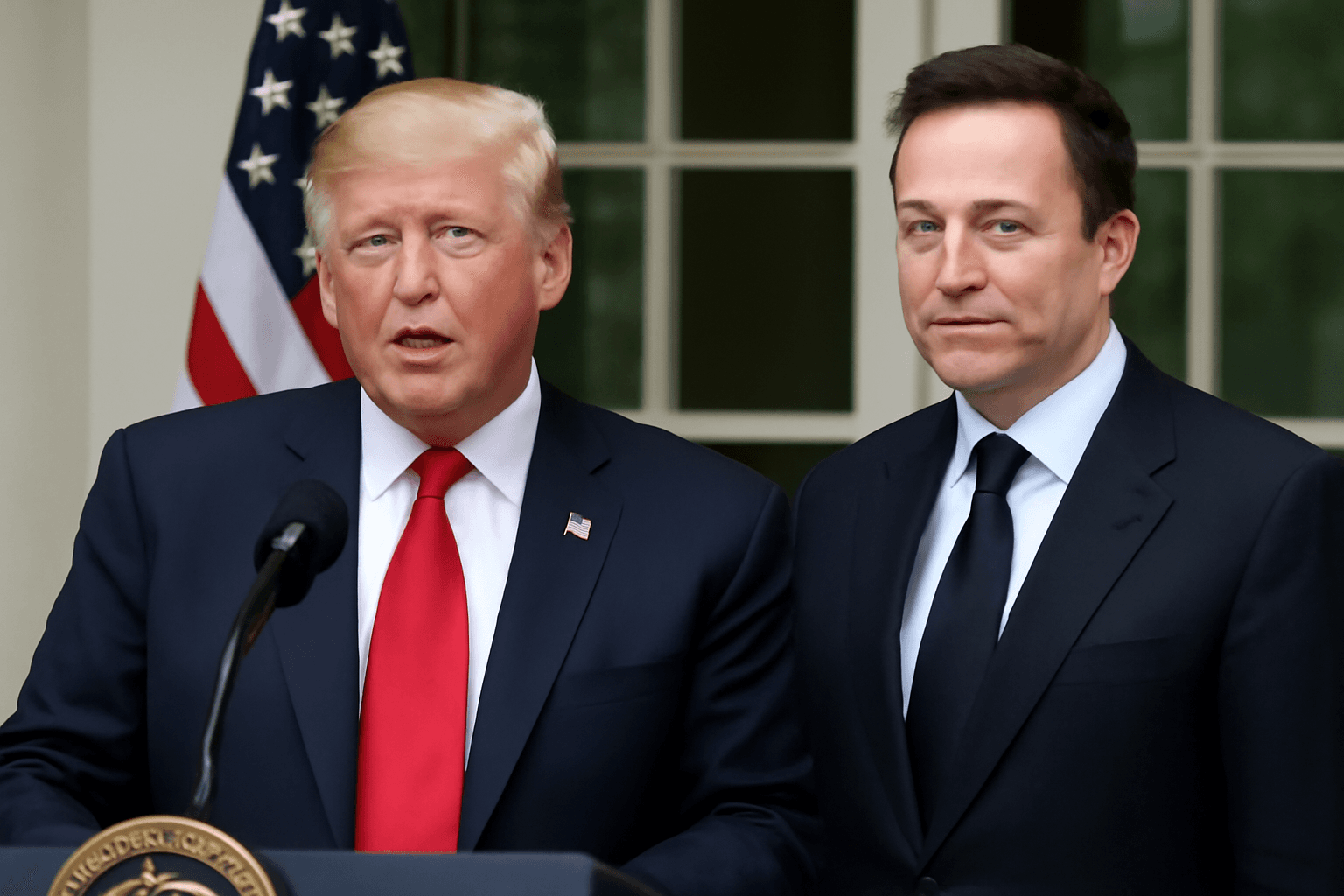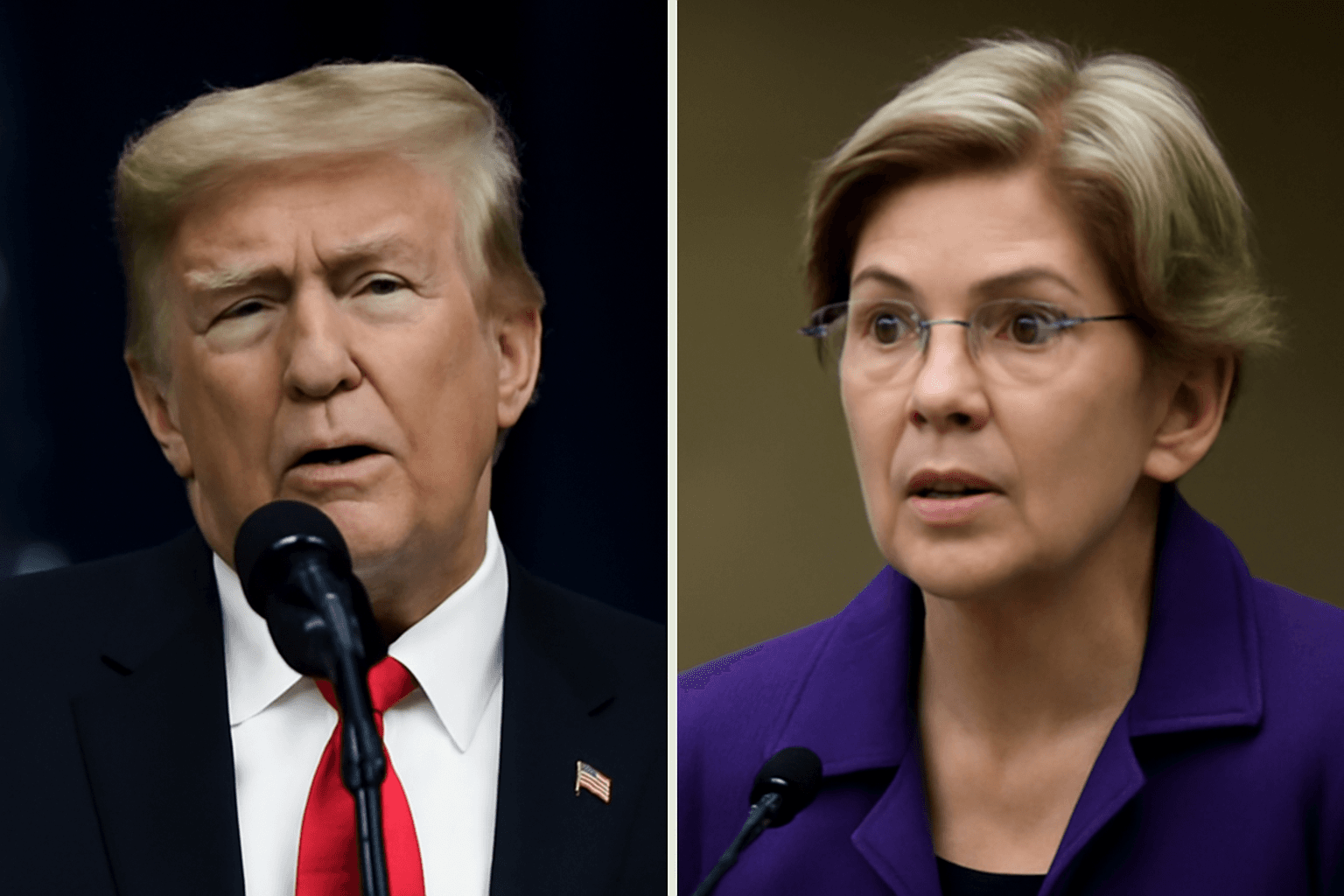Last week, the US House of Representatives narrowly approved a sweeping tax and spending bill championed by former President Donald Trump, who dubbed the legislation the “big, beautiful bill.” This package combines significant tax breaks with boosted defense spending and funding for mass deportations, signaling a major legislative priority for Trump.
Overview of the ‘Big, Beautiful Bill’
The proposed bill extends the 2017 tax cuts originally enacted during Trump’s administration, increases defense spending by billions, and allocates substantial funds toward immigration enforcement efforts, including mass deportations. After its passage in the House, the bill now awaits Senate consideration.
Elon Musk’s Opposition
Despite being a longtime Trump supporter, tech entrepreneur Elon Musk recently expressed disappointment with the bill during an interview on CBS’s Sunday Morning. Musk criticized the legislation for undermining the efforts of the Department of Government Efficiency (DOGE), an informal federal cost-cutting initiative he led.
His chief concern revolves around fiscal responsibility, noting that the bill is projected to increase the federal deficit by approximately $600 billion in the upcoming fiscal year. Musk remarked, “I think a bill can be big or beautiful. I don’t know if it can be both,” highlighting the contradiction in the bill’s cost implications.
Musk’s Government Role and Policy Influence
Although not a formal government official, Musk was recruited by Trump to spearhead cost-cutting efforts across federal agencies through the DOGE initiative. His efforts included advocating for the cessation of foreign aid programs, overseeing layoffs within federal departments, and aggressively reducing discretionary spending. These measures sparked controversy—praised by Trump allies for reducing waste, yet criticized for their impacts on diplomatic initiatives and public sector employment.
Signs of a Rift Between Musk and Trump
Musk played a significant role in supporting Trump’s 2024 campaign via substantial donations exceeding $250 million to Republican-aligned groups. However, recent developments indicate a distancing: Musk has announced a reduction in political spending, recommitted to leading Tesla as CEO for the next five years, and stepped back from active engagement with DOGE. His public criticism of the spending bill is the clearest marker of a potential split with Trump.
Public Reaction and Implications
Musk’s association with Trump and the cost-cutting agenda has elicited mixed responses. Tesla has faced boycotts, protests, and declining sales among certain customer segments, particularly younger and progressive consumers. While Musk defends his past actions, public opinion remains divided.
Next Steps for the Bill
As the bill moves to the Senate, it may encounter intensified opposition not only from Democrats but also from fiscally conservative Republicans who share Musk’s concerns about deficit expansion. Should Musk’s criticism inspire more GOP dissent, the legislation’s future could become uncertain.
Musk’s stance represents a pivotal moment in the relationship between influential tech leaders and US political dynamics, potentially reshaping his influence in Washington policymaking.

